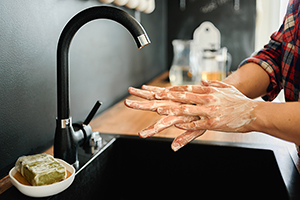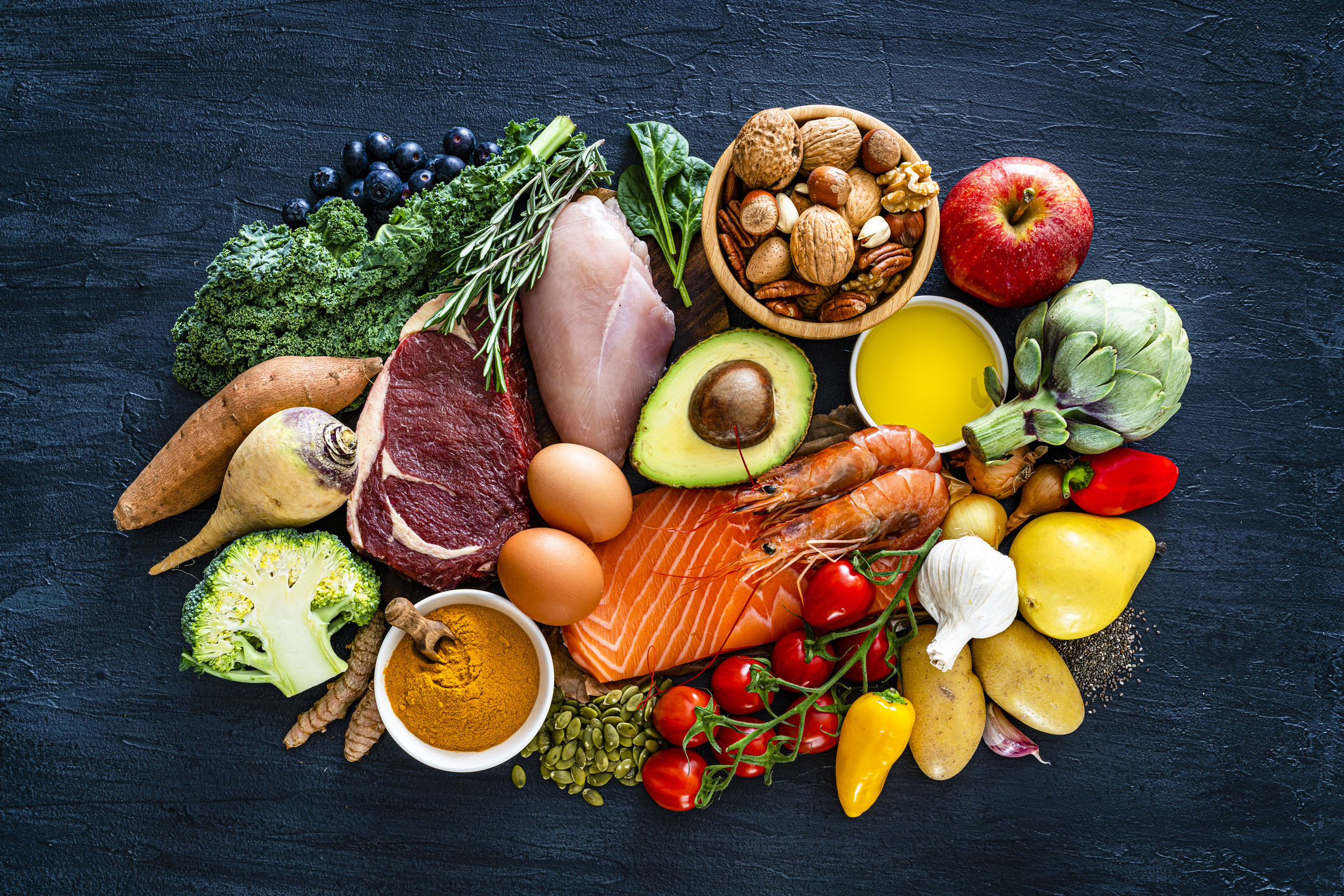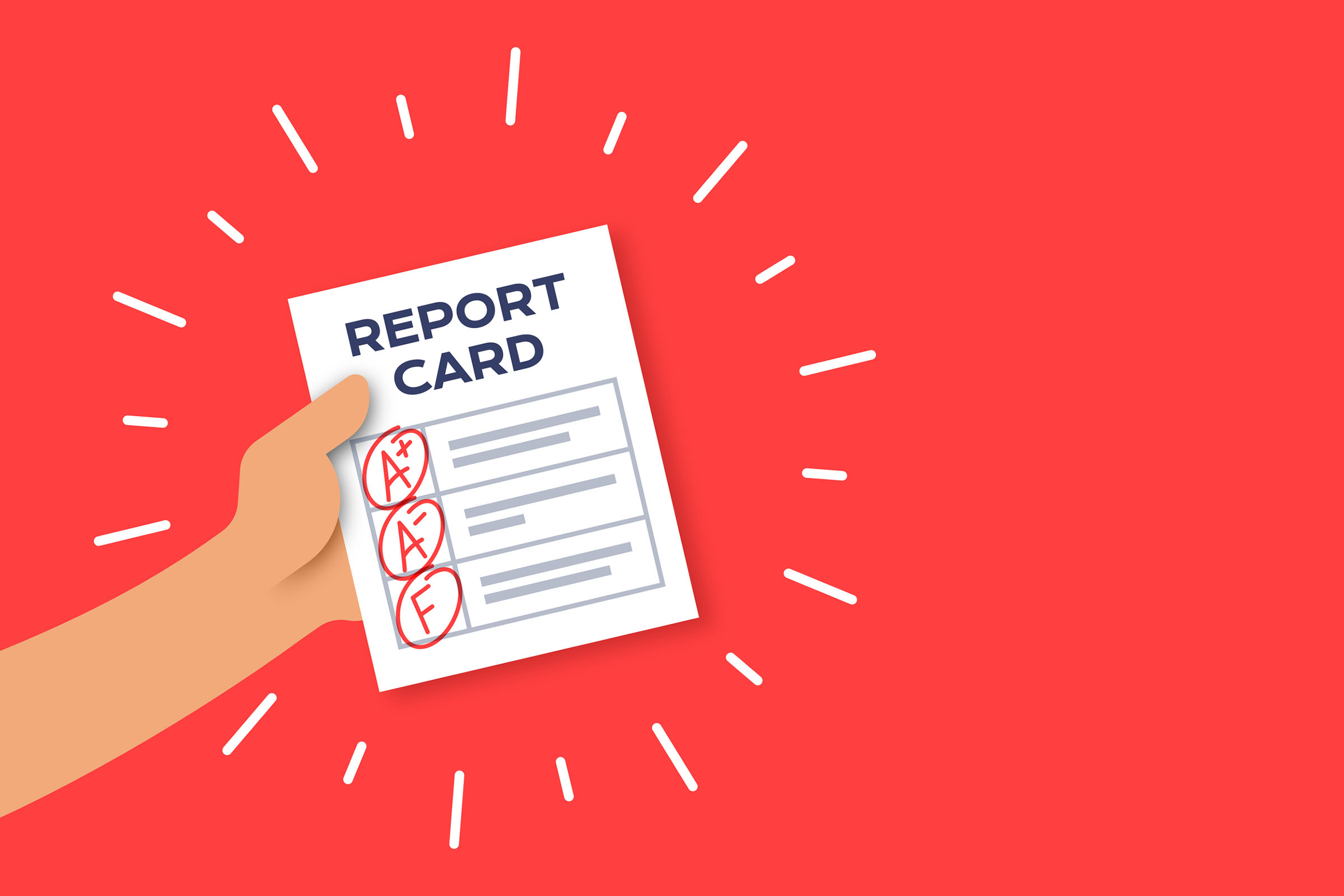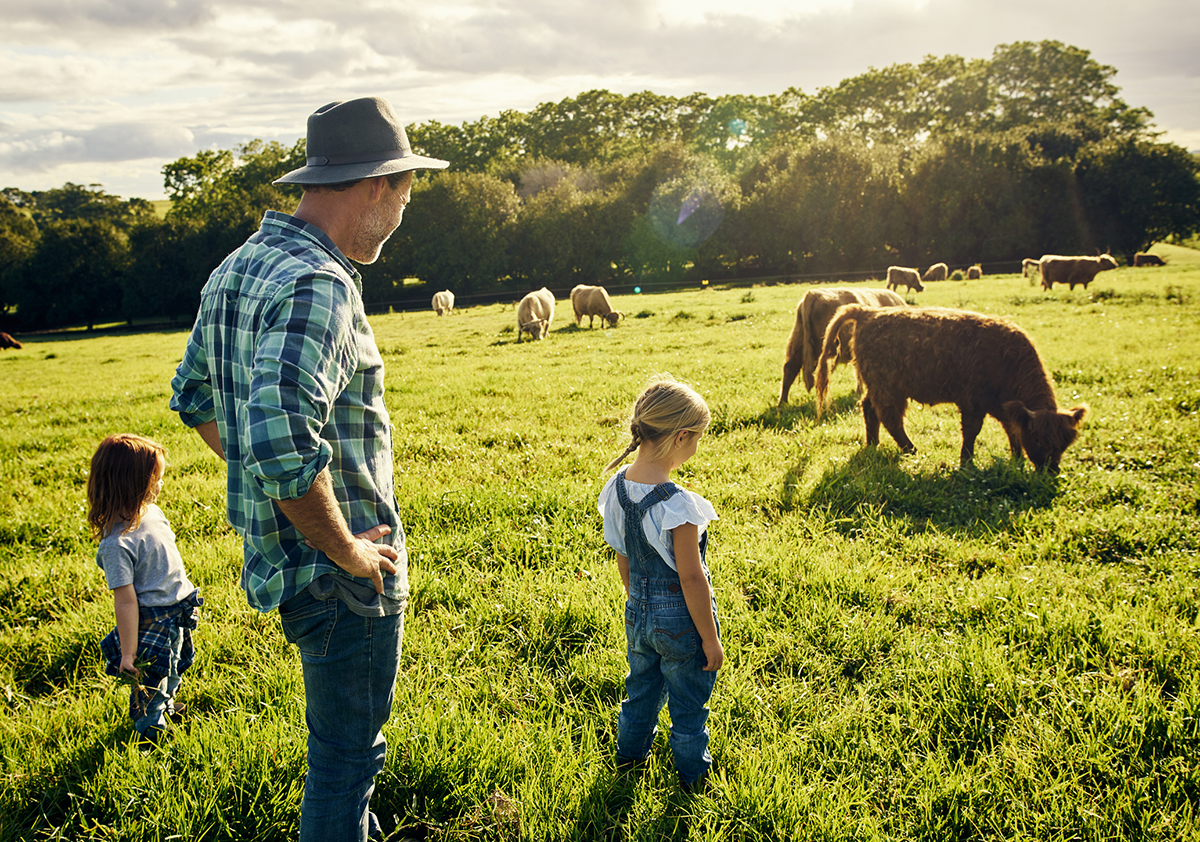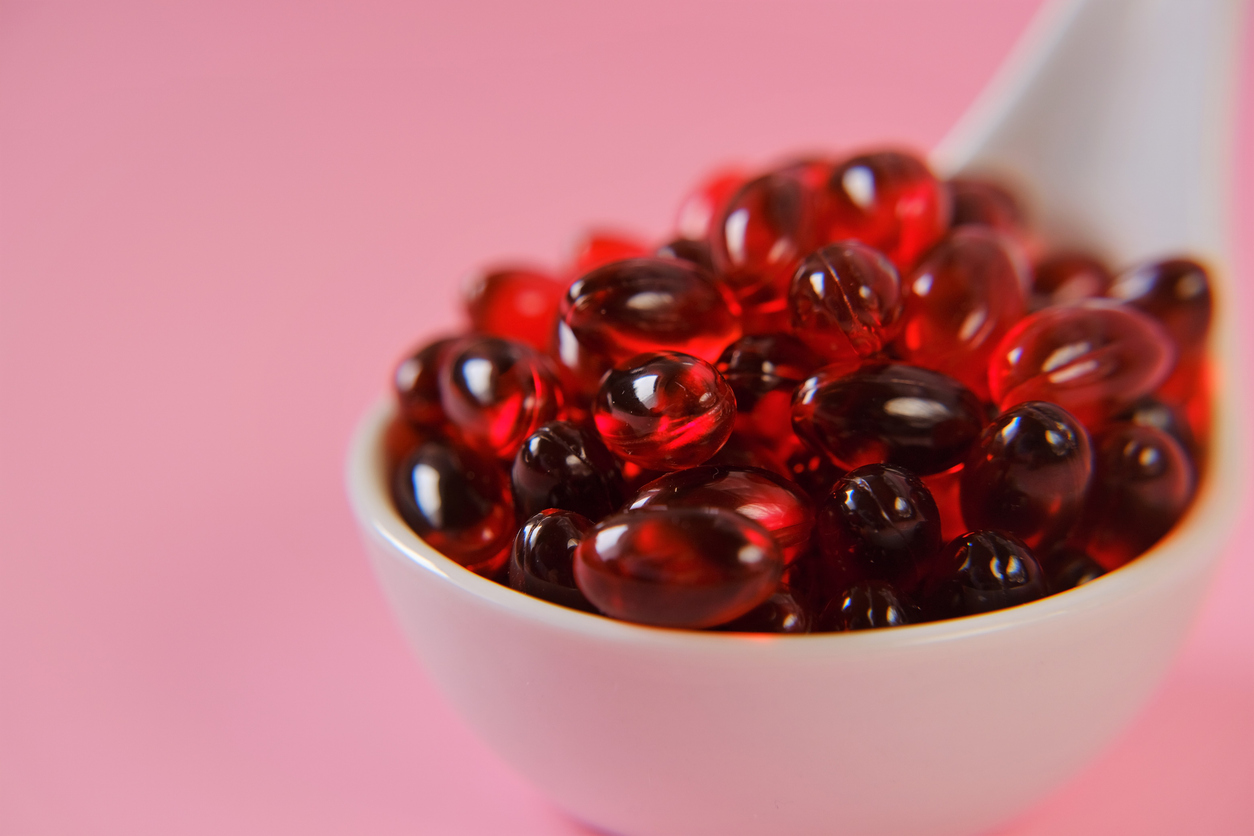Today marks the end of National Handwashing Awareness Week. You’re probably rolling your eyes—I know! We’ve been inundated with messages of the importance of handwashing during the COVID-19 pandemic, even more than we usually are during cold and flu season. But did you know it can reduce our chances of getting the flu by as much as 50%? That’s significant.
However, respiratory viruses aren’t the only ailments it can stave off—did you know that handwashing is also one of the most important things you can do to prevent food poisoning? Washing your hands frequently while in the kitchen preparing food can help reduce the spread of germs. Here are some key times to wash in the kitchen as advised by the CDC:
- Before, during and after preparing any food
- After handling raw meat, poultry, seafood, and eggs
- Before eating
- After touching garbage
- After wiping counters or cleaning other surfaces with chemicals (they’re toxic too!)
- After touching pets, pet food, or pet treats
- After coughing, sneezing, or blowing your nose
In addition, wash hands before and after using gloves to prevent the spread of germs. You can actually contaminate gloves with germs from your hands when you put them on. Moreover, contaminated gloves can spread germs to your hands when you remove them. And try not to touch your face or hair whether you’re wearing gloves or not, especially during food prep.
Please note: Using hand sanitizer or other such method is NOT appropriate for use in the kitchen. Using soap and water is the most effective method for food safety purposes. Also, stay away from antibacterial soaps as these may cause antibiotic resistance.
These simple tips can help ensure you keep yourself and your loved ones safe while nourishing them with your delicious meals.
To your health!
